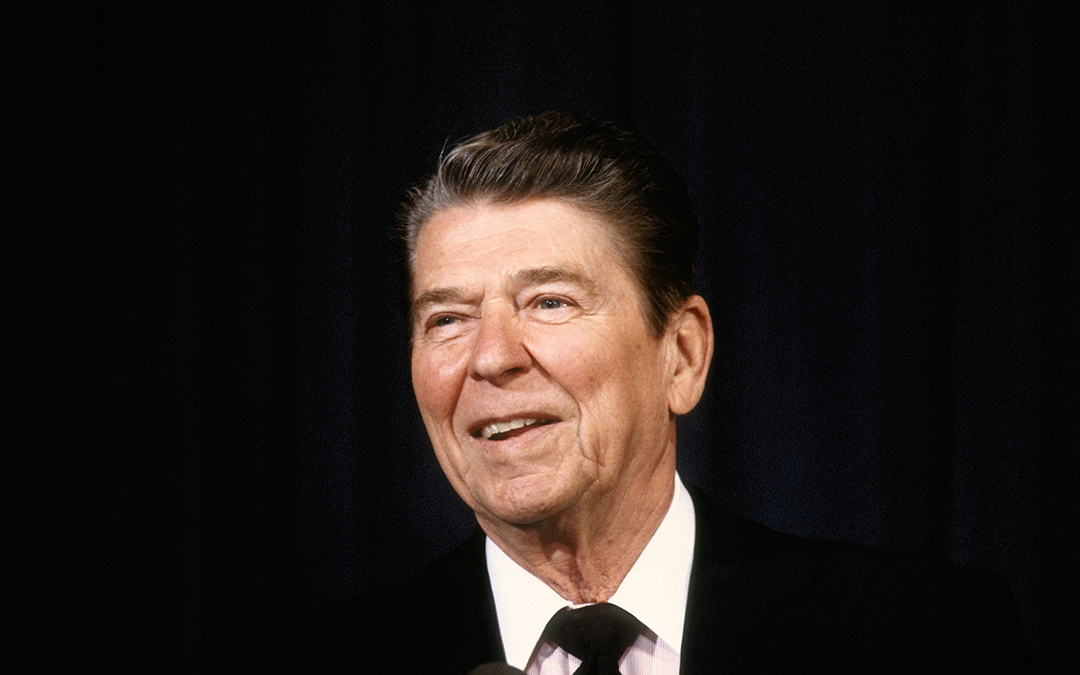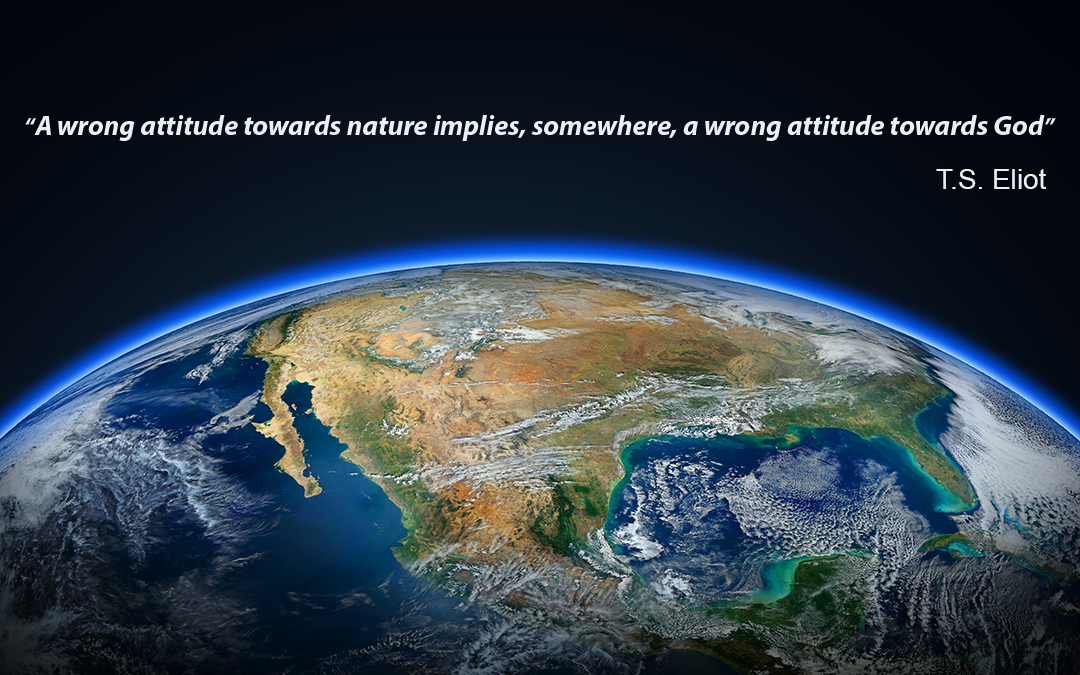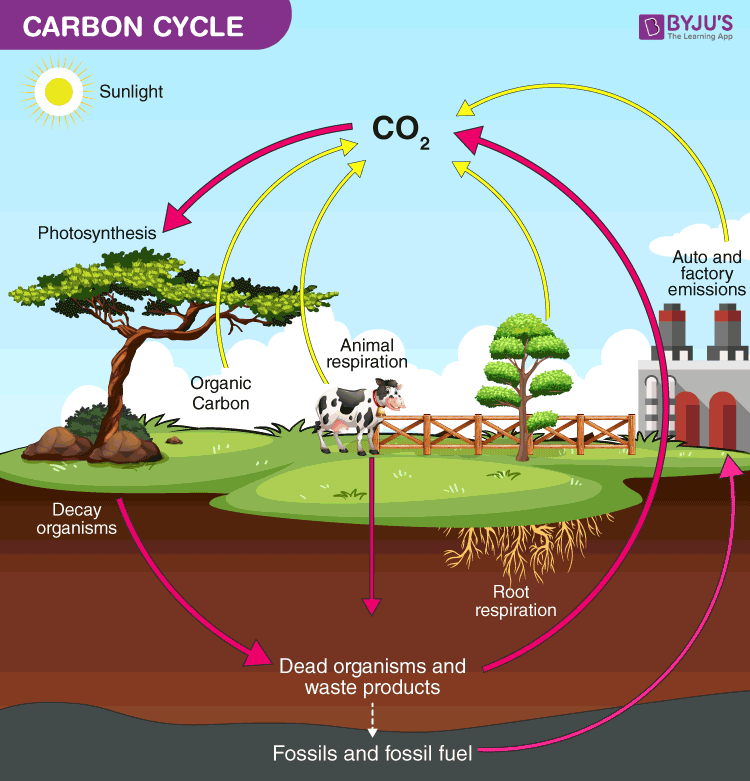
America’s Original Climate Hero
Yes, you read that correctly.
President Reagan, so often maligned by left-oriented environmental groups, was our nation’s original climate hero.
Reagan first signed legislation into law to address climate change. That bill, the Global Climate Protection Act of 1987, gave the Environmental Protection Agency (EPA) the lead role in developing a national policy on global climate change.
The legislation tasked EPA with identifying “technologies and activities to limit mankind’s adverse effect on the global climate by (A) slowing the rate of increase of concentrations of greenhouse gases in the atmosphere in the near term; and (B) stabilizing or reducing atmospheric concentrations of greenhouse gases over the long term.”
Keep in mind that Reagan enacted that law in the mid-1980s, when climate change research was in its infancy and scientists were just starting to recognize the scope of the threat.
However, that was not Reagan’s biggest climate accomplishment. Two years later Reagan pushed through the greatest international environmental treaty in history, the Montreal Protocol.
The treaty’s purpose was to phase out the production and use of chemicals, such as chlorofluorocarbons (CFCs) and hydrochlorofluorocarbons (HCFCs) that were depleting the Earth’s ozone layer, which protects us from the sun’s radiation.
As it turns out, these chemicals are also potent greenhouse gases, with heat-trapping abilities up to 10,000 times greater than carbon dioxide.
An in-depth study published in a 2017 issue of Geophysical Research Letters found that by 2025, the Montreal Protocol will have reduced US greenhouse gas (GHG) emissions by the equivalent of 500 million tons of carbon dioxide per year compared with 2005 levels.
This climate benefit far exceeds that of subsequent climate treaties such as the Kyoto Protocol.
Reagan also initiated the bi-lateral Global Climate and Environmental Change Initiative with Soviet General Secretary Mikhail Gorbachev to expand cooperation between the two countries with respect to “global climate and environmental change.”
That Reagan took the threats of ozone depletion and climate change seriously, and acted on them, should not surprise anyone who paid attention to his tenure as Governor of California.
As governor, Reagan was very committed to cleaning up California’s notorious smog problem. Not only did he support stronger automobile pollution limits, in 1967 he established the California Air Resources Board (CARB) and appointed a scientist—an expert on smog—to lead the agency.
Around the same time, Congress was considering the Air Quality Act of 1967. Reagan wanted assurance that any new federal law would not threaten California’s strong tailpipe pollution standards. He worked with his allies in the California congressional delegation to secure a waiver that allowed the state to set its own, more stringent, pollution limits.
Those efforts have also served to reduce GHG emissions and slow the rate of climate change.
Reagan’s success as president with the Montreal Protocol agreement was a point of pride for the Republican Party, prompting the party to praise the treaty in its 1988 party platform. It then said that a similar ability to solve complex global problems such as tropical forest destruction and climate change “will be increasingly vital in the years ahead.”
While many on the political left like to blame President Reagan for the Republican Party losing its way on environmental stewardship, the inconvenient truth is that Reagan took environmental stewardship seriously, made a big difference, and had the GOP poised to tackle climate change head on.
Therefore, when Al Gore was just starting to talk about issues such as ozone depletion and climate change, Ronald Reagan was actually doing something about them.
As for the polarization and lack of progress since, well, that was on someone else’s watch.



Recent Comments